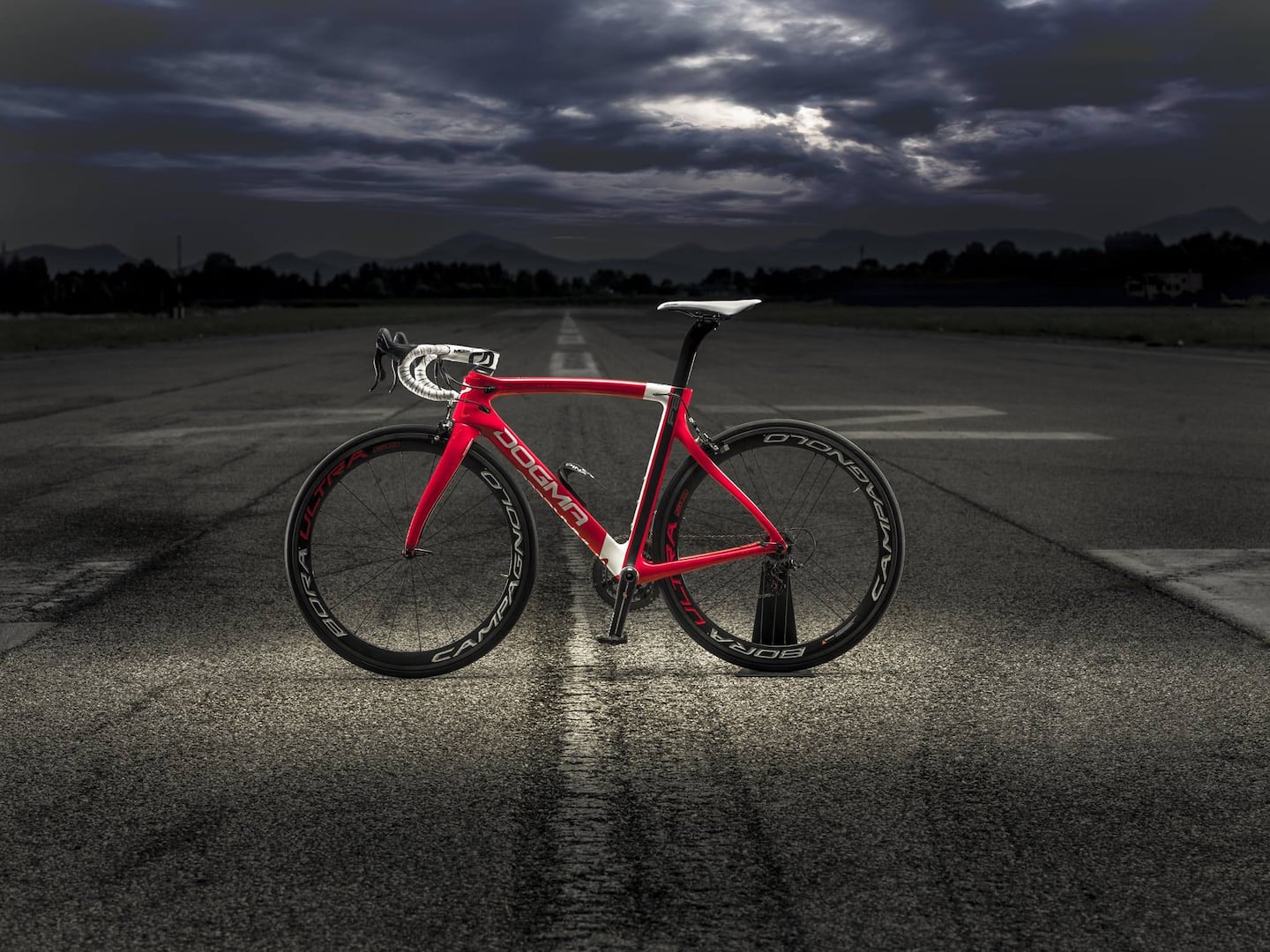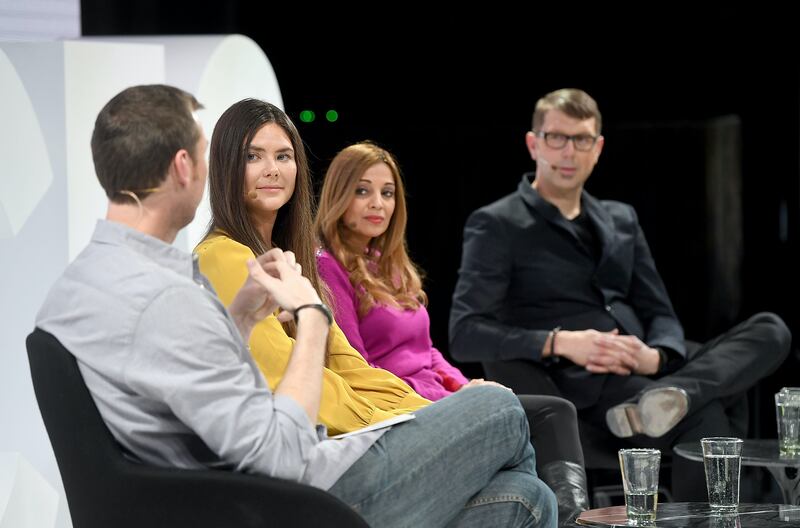
The Business of Fashion
Agenda-setting intelligence, analysis and advice for the global fashion community.

Agenda-setting intelligence, analysis and advice for the global fashion community.

OXFORDSHIRE, United Kingdom — "Feeling good is the new looking good." That was the mantra in the air a few days ago, as entrepreneurs from the fields of health and wellness — including Jason Wachob, Amanda Chantal Bacon, Dr. Nigma Talib and Neil Grimmer — took the stage at VOICES, BoF's new annual gathering for big thinkers.
From beauty-enhancing supplements to the rapid growth of athleisure, there has never been a better time for fashion companies to tap into the health and wellness sector. In The State of Fashion 2017 — a new report on the global fashion industry by BoF and McKinsey & Company — the transformation economy is described as a rapidly-growing segment, particularly as consumers shift away from purchasing products and move towards spending their money on mind and body-enhancing experiences.
Wachob, the founder and chief executive of mindbodygreen — a media property dedicated to health, wellness and lifestyle — said there was a big opportunity in the health and wellness space for traditional fashion and luxury companies.
“The market is monstrous and there is a shift in consumer habits,” he told BoF before taking the VOICES stage. “I think looking good is important, but feeling good in a lot of ways has become the new looking good and the better you feel, the better you are going to look. There is a big opportunity.”
ADVERTISEMENT
People want experiences, they want to feel transformed — not to continue to collect more clutter or more things.
It is a view shared by fellow panellist Dr. Nigma Talib, a naturopathic doctor to a number of A-list clients. “What I find is that the new fashion is now health and wellness,” she said, speaking alongside Bacon, the founder of Moon Juice, and Grimmer, the founder and chief executive officer of Habit, a start-up that offers DNA-personalised meal plans. “People want experiences, they want to feel transformed — not to continue to collect more clutter or more things,” said Talib.
Fflur Roberts, luxury goods analyst at Euromonitor believes the shift can be attributed to younger consumers, who see more value in transformational experiences than material goods.
“People care more about what they do, eat and wear, but it's also become a fashion trend as well. Now, it’s a very normal thing to go to the gym and look after yourself,” she says. “Looking at the luxury aspects of it, it's very much a status thing as well, people want to show that they care about their bodies and self-preservation.”
Fashion's connection with health and wellness is about more than a commercial opportunity, however. There is an interest from within, as many of those working in the industry struggle to cope with the intense cycle of collections and deadlines.
“As an industry we’ve spent a lot of time this past year talking about the fashion system, that now comes with so many pressures and deadlines,” said BoF founder and chief executive Imran Amed on the VOICES stage. “But the solutions for coping with the demands of the fashion system may also require personal, individual-level interventions too; interventions that help us to manage the stress of life in the digital age,” he said.

From left: Jason Wachob, Amanda Chantal Bacon, Dr. Nigma Talib and Neil Grimmer at BoF's VOICES | Source: Getty
But of course, the commercial opportunity is what is driving the fashion industry’s investment in health and wellness. The investment arm of LVMH, L Catterton Europe, has signed a deal to acquire a majority stake in Italian bicycle maker Pinarello. The private equity company is also reported to be in talks with British cycling apparel maker Rapha about a potential acquisition.
The Pinarello acquisition is just one example of how the luxury sector’s demand for health and wellness is growing. Last year, the overall global market for health and wellness reached $701 billion in value and it is expected to grow by 17 percent over the next five years to $833 billion by 2021, according to data from Euromonitor. This significantly outpaces the sluggish growth in the personal luxury goods market, which grew by just 1 percent in 2015 on the previous year in real growth terms, according to a report by Bain & Company.
ADVERTISEMENT
Luxury companies should take note. “If you’re in the luxury business, not only is it not growing as fast as it used to, but the slices of the pie are shifting towards experiences and away from goods,” says Joseph Pine, the author of “The Experience Economy,” which explores the next phase of consumerism after the service economy.
“It’s a part of a whole set of stuff where research shows that purchasing experiences makes us happier than purchasing goods. Experiences that actually make us fitter and help us achieve our aspirations for health and wellness is where things are shifting,” Pine adds.
“The more global wealth grows, the more people will look for experiences,” says Euromonitor’s Roberts. “People’s mindsets might be changing a bit. They might want experiences, so I imagine lots of brands will be looking into this area and we'll see more of this in the future.”
Related Articles:
[ Is the New Luxury a Better You?Opens in new window ]
[ Athleisure’s Winners and LosersOpens in new window ]
[ Activewear Brands Limber Up in ChinaOpens in new window ]
VOICES is BoF's new annual gathering for big thinkers, taking place from 1-3 December, in partnership with QIC Global Real Estate.
The Swiss watch sector’s slide appears to be more pronounced than the wider luxury slowdown, but industry insiders and analysts urge perspective.
The LVMH-linked firm is betting its $545 million stake in the Italian shoemaker will yield the double-digit returns private equity typically seeks.
The Coach owner’s results will provide another opportunity to stick up for its acquisition of rival Capri. And the Met Gala will do its best to ignore the TikTok ban and labour strife at Conde Nast.
The former CFDA president sat down with BoF founder and editor-in-chief Imran Amed to discuss his remarkable life and career and how big business has changed the fashion industry.